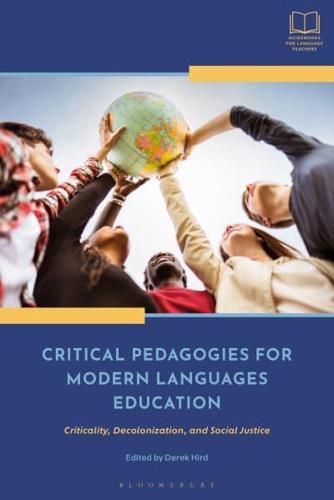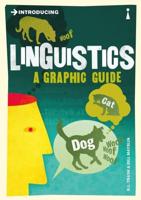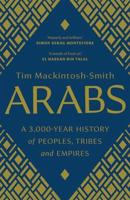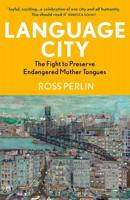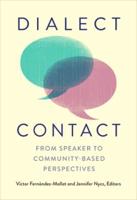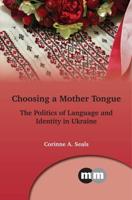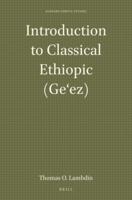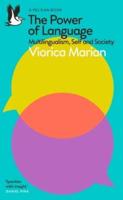Publisher's Synopsis
In the context of Black Lives Matter, decolonizing initiatives, #MeToo, climate emergency protests and other movements for social and environmental justice, this volume posits a simple question: how can modern languages be taught so that they challenge rather than reinforce social inequalities?
Informed by interdisciplinary theories, Critical Pedagogies for Modern Language Education focuses on practical discussions of case studies in areas directly relevant to the classroom contexts of modern languages educators. The volume transforms modern language educators and the modern language profession by putting the politics of language teaching at the centre of its analysis. With case studies covering 11 languages (Modern Standard Arabic, Dutch, English, French, German, Levantine, Mandarin, Portuguese, Spanish, Swedish, Tamazight) across 13 countries and regions (Austria, Brazil, China, France, Italy, the Levant, Morocco, the Netherlands, Palestine, Spain, Sweden, the UK, and the USA), the contributors cover a wide range of theories, including critical discourse analysis, activist pedagogies, culturally sustaining pedagogy, linguistic justice and translanguaging.
With student-teacher collaboration at its heart, critical modern languages pedagogy unmasks the ideologies and hegemonies that lie behind mainstream language use and affirms the value of minority linguistic and cultural practices. The volume thus provides transformative approaches to modern languages teaching and learning that respond to the key social concerns of the 21st century.
